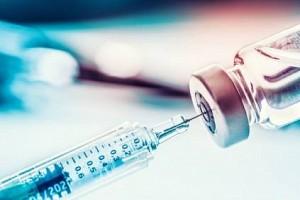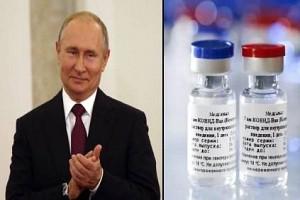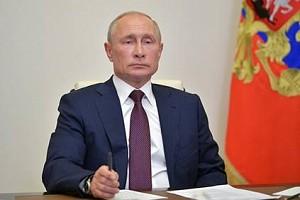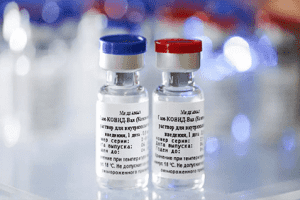Hours after Russian President Vladimir Putin announced the first to approve a vaccine that offers "immunity" against the SARS-CoV-2 coronavirus, the World Health Organization (WHO) has responded to Russia's claim by saying that a rigorous review of the vaccine's safety data needs to be submitted if the country wants the WHO's stamp of approval.

Tarik Jasarevic, spokesperson for WHO, during an online press briefing said: "Pre-qualification of any vaccine includes the rigorous review and assessment of all the required safety and efficacy data. We are in close contact with the Russian health authorities and discussions are ongoing with respect to possible WHO pre-qualification of the vaccine."
Highlighting about the 'Sputnik V' vaccine- it was developed by Russia's Gamaleya Research Institute along with the Russian Defence ministry. As per a WHO update on global vaccines on August 10, the Gamaleya vaccine is one of two candidates from Russia, and is among 21 candidates from around the world in Phase 1 trials.
Meanwhile, the head of the country's Russian Direct Investment Fund sovereign wealth fund and the main investor in the vaccine's development Kirill Dmitriev, said that Russia had already received requests from more than 20 countries to pre-order a total of over 1 billion doses.
Even, Russian Health Minister Murashko said that a mass vaccination campaign against the novel coronavirus will begin in October, with the first doses given to doctors and teachers. The good news about it, is the vaccine will also be 'free of charge', with the expenses coming out of the national budget, Dmitriev added.
Pointing over WHO's stamp of approval on the vaccine:
During the WHO briefing Jasarevic explained that every country has national regulatory agencies that approve the use of vaccines or medicines on its territory. "WHO has in place a process of pre-qualification for vaccines but also for medicines," he said.
"To get this, there is a review and assessment of all required safety and efficacy data that are gathered through the clinical trials. WHO will do this for any candidate vaccine. As we have been always saying, we hope some of these vaccines will prove to be safe and efficient. But accelerating progress does not mean compromising on safety," Jasarevic further added.





